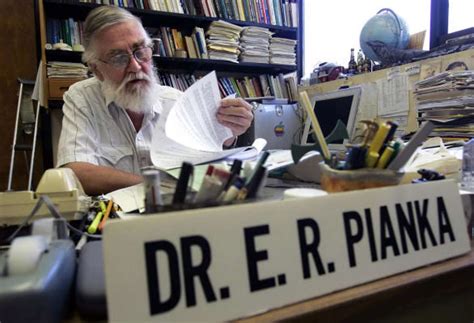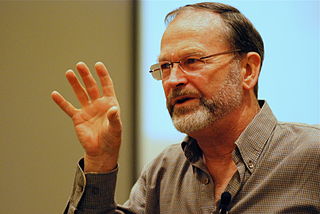A Quote by Mikhail Gorbachev
We must speak more clearly about sexuality, contraception, about abortion, about values that control population, because the ecological crisis, in short, is the population crisis. Cut the population by 90% and there aren't enough people left to do a great deal of ecological damage.
Related Quotes
There exists ample authority under which population growth could be regulated...It has been concluded that compulsory population-control laws, even including laws requiring compulsory abortion, could be sustained under the existing Constitution if the population crisis became sufficiently severe to endanger the society.
The population explosion is an ecological phenomenon of displacement. Unless we solve that ecological problem of displacing people - to build huge dams, to build motorways, to take away what people need in order to survive - we will keep pumping more and more money into population programs. We will have more and more coercive and violent methods through which women's bodies are treated as experimental grounds for new contraceptives. Yet we will not have a solution to the problem of numbers.
The people who see the population explosion in the Malthusian way - as a geometric progression - forget that population growth is not a biological issue. People are not increasing in numbers out of stupidity and ignorance. Population growth is an ecological phenomenon linked very intimately to other issues, such as the usurpation of the resources which allow people to live.
War and famine would not do. Instead, disease offered the most efficient and fastest way to kill the billions that must soon die if the population crisis is to be solved. AIDS is not an efficient killer because it is too slow. My favorite candidate for eliminating 90 percent of the world's population is airborne Ebola (Ebola Reston), because it is both highly lethal and it kills in days, instead of years. "We've got airborne diseases with 90 percent mortality in humans. Killing humans. Think about that. "You know, the bird flu's good, too. For everyone who survives, he will have to bury nine
If we're going to make progress on this issue [of contraception], we have to be really clear about what our agenda is. We're not talking about abortion. We're not talking about population control. What I'm talking about is giving women the power to save their lives, to save their children's lives and to give their families the best possible future.
I generally avoid over-population arguments. But there's no question we're in population overshoot. The catch is we're not going to do anything about it. There will be no policy. The usual suspects: starvation, war, disease, will drive the population down. There's little more to say about that really, and it's certainly an unappetizing discussion, but it's probably the truth. In any case, we're in overshoot and we face vast resource scarcities.
Women must see that there can be no liberation for them and no solution to the ecological crisis within a society whose fundamental model of relationships continues to be one of domination. They must unite the demands of the women's movement with those of the ecological movement to envision a radical reshaping of the basic socioeconomic relations and the underlying values of this [modern industrial] society.
The ecological crisis we face is so obvious that it becomes easy...to join the dots and see that everything is interconnected. This is the ecological thought. And the more we consider it, the more our world opens up." The ecological thought "...is a vast, sprawling mesh of interconnection without a definite center or edge. It is radical intimacy, coexistence with other beings, sentient and otherwise.
On one hand we encourage and allow major pharmaceutical companies to openly hook vast sectors of our population on narcotics, and then we cut them off and throw them in jail, and moralize about it. It is clearly a huge, huge, and growing problem. It's devastating. We need to treat it as a health crisis, which it is, and stop moralizing.
Man will survive as a species for one reason: He can adapt to the destructive effects of our power-intoxicated technology and of our ungoverned population growth, to the dirt, pollution and noise of a New York or Tokyo. And that is the tragedy. It is not man the ecological crisis threatens to destroy but the quality of human life.
People look at the future and see a black hole. They look at climate change and see an ecological crisis. They look at their leaders corrupted by money and see a political crisis. They wonder if they'll ever be able to pay off their student loan or own a house. Given this ecological, political and financial crisis, what they want is a different future. Their fundamental demand is a different regime to provide that future.
The problem the world faces today is that only one-third of the world's population lives in decent circumstances, while half the population of the world lives on one or two dollars a day. And even as we have this poverty and backwardness, we are facing a global environmental crisis. We need developmental models that will take into account the specific and unique position of each country and at the same time will address the environmental crisis.









































